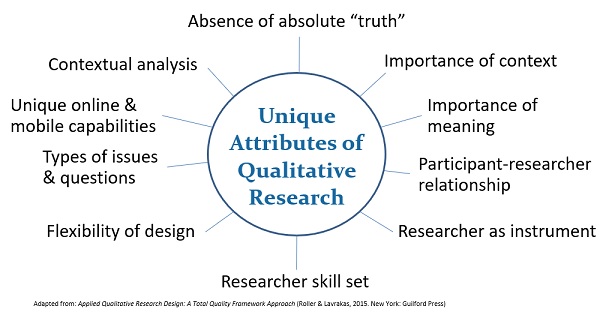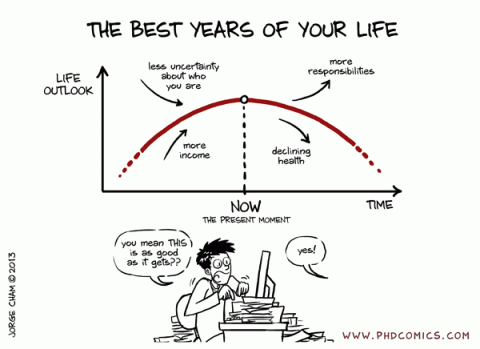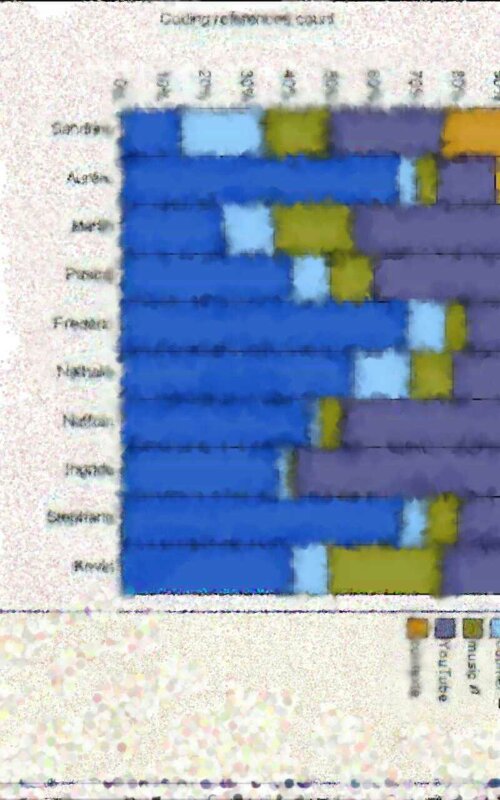Quelques détails et références sur ma présentation pour le colloque “Les sciences à l’aube du 21e siècle : l’incidence des technologies numériques et la contribution des amateurs”
Communauté en ligne comme vecteur de la communication de la science en action
“Le savoir médical impose depuis toujours une distinction entre les experts, qui en disposent (les professionnels, les médecins) des autres (les « profanes », les patients, les clients) qui parfois vont jusqu’à « subir » les diagnostics et les avis qui sont portés sur leur santé. L’arrivée d’Internet a lentement bouleversé cette répartition de la connaissance médicale et la hiérarchie ascendante de la relation patient/médecin. En tant qu’outil d’élaboration, de partage, de mise à disposition de nouveaux savoirs, mais aussi en tant qu’outil accessible au plus grand nombre, Internet a rebattu les cartes de la connaissance médicale, en permettant aux individus d’accroître leurs connaissances sur la santé, de la mettre en discussion, mais aussi – sans totalement le remettre en cause – d’acquérir du pouvoir sur le corps médical. ” (Amsellem-Mainguy, 2015)
Références
Akrich, M., Méadel, C., Rémy, C., & Vergnaud, F. (2008). Les patients et l’information: le cancer au risque d’internet.
Amsellem-Mainguy, Y. (2015). À la fin, tu penses que tu vas mourir, mais tu y retournes! Rapport d’étude Jeunes, Santé et Internet, Institut national de la jeunesse et de l’éducation populaire.
Benski, T., & Fisher, E. (2014). Introduction : investigating emotions and the Internet. Dans T. Benski & E. Fisher (dir.), Internet and emotions. New York, NY : Routledge.
Clavier, V., Manes-Gallo, M.-C., Mounier, E., Paganelli, C., Romeyer, H. et Staii, A. (2010). Dynamiques interactionnelles et rapport à l’information dans les forums de discussion médicale. Dans F. Millerand, S. Proulx & J. Rueff (dir.), Web social: mutation de la communication (p. 297-314). Québec, QC.
Nabarette, H. (2002). L’internet médical et la consommation d’information par les patients. Réseaux(4), 249-286.
Romeyer, H. (2008). TIC et santé: entre information médicale et information de santé. tic&société, 2(1).
Romeyer, H. (2010). La santé dans l’espace public (pp. 213-p). Presses de l’EHESP.
Romeyer, H. (2012). La santé en ligne. Des enjeux au-delà de l’information. Communication. Information médias théories pratiques, 30(1).
Trépos, J. Y. (2002). L’expertise comme équipement politique de la société civile. Questions de communication, (2), 7-18.








